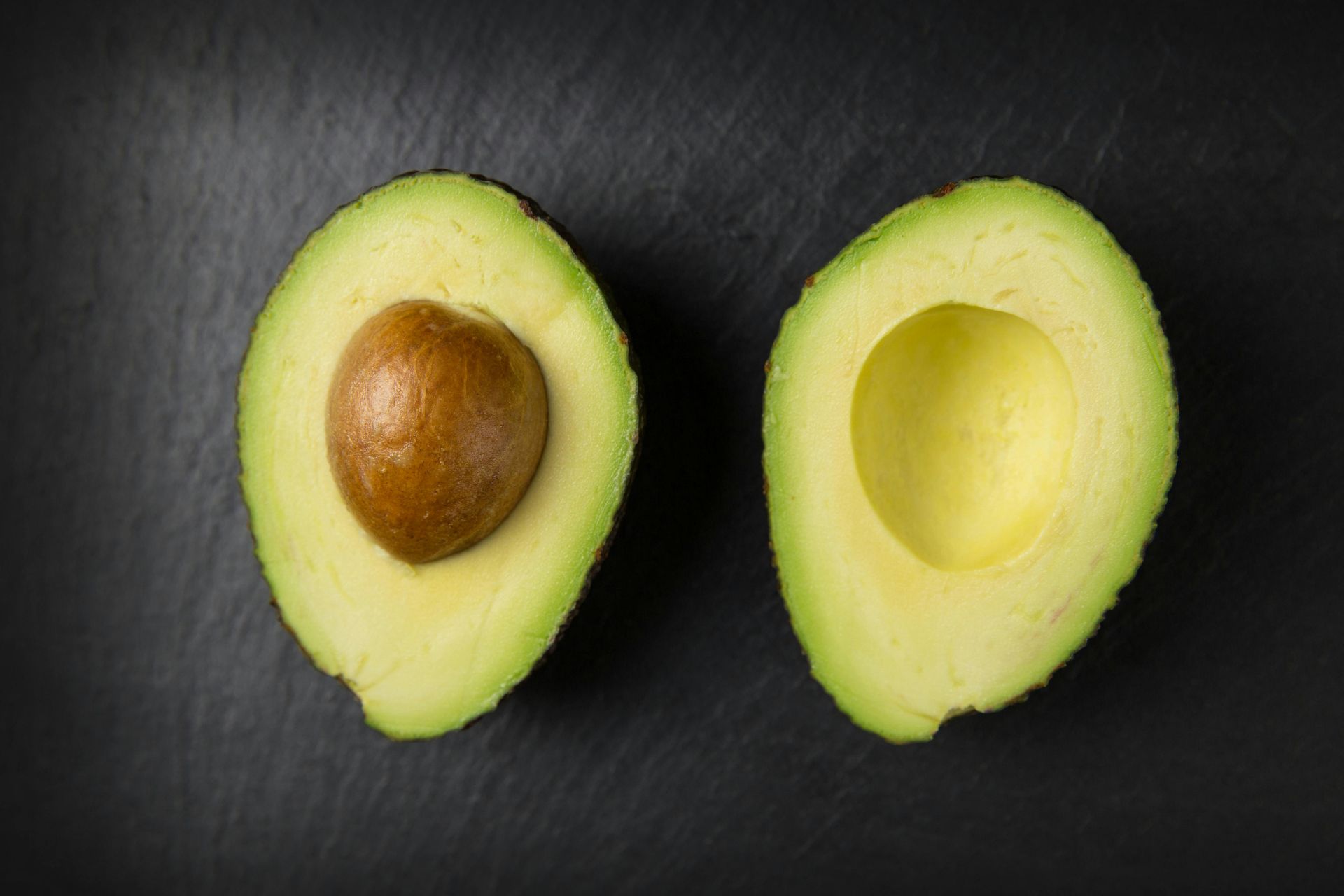The Wonders of Vinegar: A Simple, Everyday Tool for Better Health
How a Simple Pantry Staple Can Support Blood Sugar and Weight Management

Imagine this: wine left sitting out for too long turns into a sour liquid—vinegar. While this might not seem like a great outcome for your glass of wine, it turns out vinegar has been a hidden gem for centuries. Our ancestors figured this out early, using vinegar as a cleaning agent, a wound cleaner due to its antimicrobial properties, and even a digestive aid. Vinegar is also widely known for its role in food preservation—think pickles! And while it’s not the tastiest drink on its own, vinegar shines when it’s used to flavor foods like salad dressings or even sushi rice.
In many cultures, people still use diluted vinegar as a folk remedy for weight loss. Some take 2-3 teaspoons before meals, while others prefer a diluted vinegar drink before bed. And apple cider vinegar, in particular, has made a name for itself as a natural health remedy, boasting not only the acetic acid from the vinegar but also pectins from the apples—an added bonus of soluble fiber.
But does science back up these traditional uses of vinegar? Let’s dive into the wonders of vinegar and what modern studies reveal about its health benefits.
Vinegar’s Surprising Effect on Blood Sugar
Several short-term studies have shown a promising link between vinegar consumption and improved blood sugar control. Here’s what we know so far:
- When people consumed a high-carb meal with two teaspoons of vinegar, their blood glucose and insulin levels were reduced by as much as 35%. And the best part? This effect is even more pronounced when the vinegar is taken just before the meal.
- Vinegar added to sushi rice lowered the glycemic index (GI) of the white rice by about 40%. Pairing it with other fermented foods like natto or pickled vegetables can lower the GI of rice even further.
Want to hack your high-carb meals? It turns out even cold potatoes and rice have a lower glycemic impact than when served hot. Cooling these foods allows them to form resistant starch, which slows the absorption of carbs into your bloodstream. And the effects are enhanced when you add a bit of vinegar, giving your body an extra buffer against those post-meal blood sugar spikes.
Vinegar and Type 2 Diabetes
Vinegar seems to hold special promise for people with type 2 diabetes. In one study, patients who drank two tablespoons of apple cider vinegar diluted in water before bed saw lower fasting blood sugar levels the next morning. While this isn’t a magic cure for diabetes, it’s a simple, natural tool that can be added to your routine to help manage blood sugar levels over time.
Could Vinegar Help with Weight Loss?
Many people swear by vinegar for weight loss, and there’s some evidence to support this. Studies suggest that vinegar can increase feelings of fullness, leading to lower calorie consumption—around 200-300 fewer calories per day. While vinegar isn’t going to be a miracle cure for weight loss, adding it to a balanced diet can give your efforts a little extra boost.
For example, I love to dress my salads with a mix of healthy oil and vinegar. Not only does it taste amazing, but research shows that this combination is associated with a lower risk of heart disease. It’s a win-win!
How Does Vinegar Work?
The exact mechanisms behind vinegar’s benefits aren’t entirely understood, but one theory is that vinegar interferes with starch digestion. Vinegar may inhibit amylase, an enzyme that helps break down carbohydrates into sugar, which could explain its impact on blood sugar levels. By slowing down the breakdown of carbs, vinegar allows your body to handle glucose more efficiently.
But here’s the key takeaway: vinegar alone isn’t going to lead to dramatic weight loss or completely manage your blood sugar. However, it can be a helpful tool when used as part of a well-rounded, healthy lifestyle.
Call to Action
Want to add a simple, natural ingredient to your meals that could help with blood sugar control and weight management? Try incorporating vinegar into your daily routine! Whether it’s adding a splash to your salad dressing, your sushi rice, or even taking a teaspoon before a meal, it’s an easy way to support your health goals. If you found this blog helpful, share it with friends and family—they might thank you for the tip!



